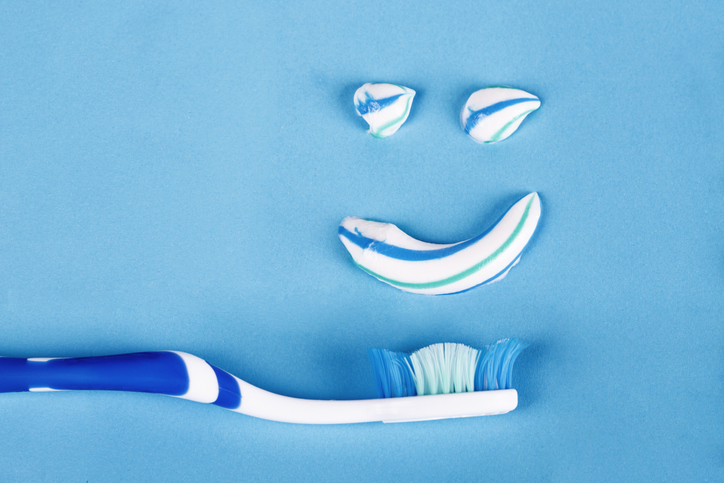
I’m Dr. Edelman’s dental hygienist here in sunny San Diego, and I want to share with you the very unique and important connections between oral health and diabetes. Unfortunately, people with diabetes are three times more prone to getting periodontal disease and tooth loss than people without diabetes. Diabetes is the only systemic disease that is a direct risk factor for periodontal disease. This is a test.
During my 33 years of clinical experience, I’ve come across thousands of patients with various diseases and conditions. Oftentimes, patients don’t associate their systemic diseases with their mouths and their oral health. They seem to forget their mouths are attached to the rest of their body. They need to realize, though, that whatever goes into their mouth has a direct effect on their whole body. The truth is, your oral health is affected by most diseases, medications, hormones, diets, and even stress. This article, however, will only focus on the connection between oral health and diabetes, and the effects both have on each other.
First off, we will start with your mouth.
Roots of teeth are under the gums (gingiva) and are anchored into the bone by ligaments, or fibers. When these ligaments and areas of bone are destroyed, the teeth can loosen and fall out. This is called periodontal disease.
Periodontal disease is precipitated by gingivitis, or the inflammation of the gums. This inflammation is caused by an accumulation of plaque above and below the gumline. Plaque is a whitish, sticky biofilm loaded with bacteria that is produced by the body continuously, and, if not removed by toothbrushing and flossing at least twice a day, will eat away at the fibers and the bone.
As for people with diabetes, this increase in plaque, inflammation, and sugars will wreak havoc on your whole body. If your diabetes is under good control, and you are removing this plaque day and night, then you should be fine. However, for the uncontrolled person with diabetes (generally speaking, an A1c consistently above 8%), the negative effects will be more dramatic and severe, thereby taxing other organ systems and creating a higher propensity for infections.
For someone with uncontrolled diabetes, the negative effects that excess glucose levels have on the oral cavity are numerous.
The excess sugars and corresponding inflammation travel throughout the bloodstream and cause problems such as:
- Gum abscesses and other infections
- Xerostomia or dry mouth, which can lead to difficulty talking, chewing and swallowing, and also more cavities
- Yeast infections like Candidiasis or thrush
- Lichen Planus, an autoimmune disease
- Mouth ulcers
- Burning Mouth Syndrome
- Taste disorders
- And of course, periodontal disease, or tooth loss
Happily, there are inexpensive and easy ways to combat a lot of these negative issues. All it takes is creating simple routines in your day and night that stay with you for life. The total health and wellness of your whole body is dependent on all systems and, as you can see, keeping on top of your oral health has tremendous benefits not only for your diabetes, but for your whole body.
The quickest and easiest ways of eliminating plaque, tartar, and therefore inflammation, is to:
- Brush your teeth morning, noon (if possible), and night – electric toothbrushes are preferable and more effective than manual ones
- Floss in the morning and at night BEFORE you brush
- Use other dental aids such as Waterpiks, water flossers, interdental brushes, rubber tips, and floss threaders
- Brush your tongue- tons of bacteria get trapped on the top causing bad breath
- Get your teeth professionally cleaned 2-3 times a year
When you get your teeth professionally cleaned, hygienists like me remove the hardened plaque, or tartar, from under the gumline, thereby creating less chance of it destroying the bone and causing bone and tooth loss. The more you mechanically remove this plaque before it hardens, the cleaner, fresher, and healthier your mouth and breath will be.
In conclusion:
One of the most important takeaways from this article is this: controlling your blood glucose levels helps to control your oral health, and controlling your oral health helps to control your blood sugar levels.
As people with diabetes well know, it is a fine balancing act trying to maintain healthy blood glucose levels between the foods you eat, exercise, medication, and any other systemic factors. So, as you take just a few minutes each morning, noon (if possible), and night to floss and brush, know what a huge, positive impact you are making not only on your diabetic and oral health, but on your whole body’s health, as well.
Thank you, be well, and keep flossing!!


Leave a Reply